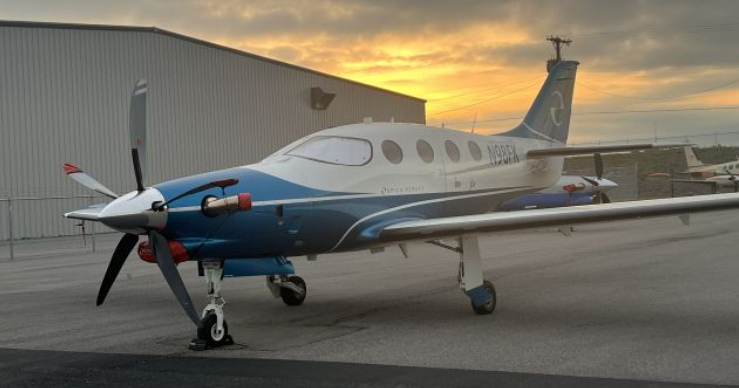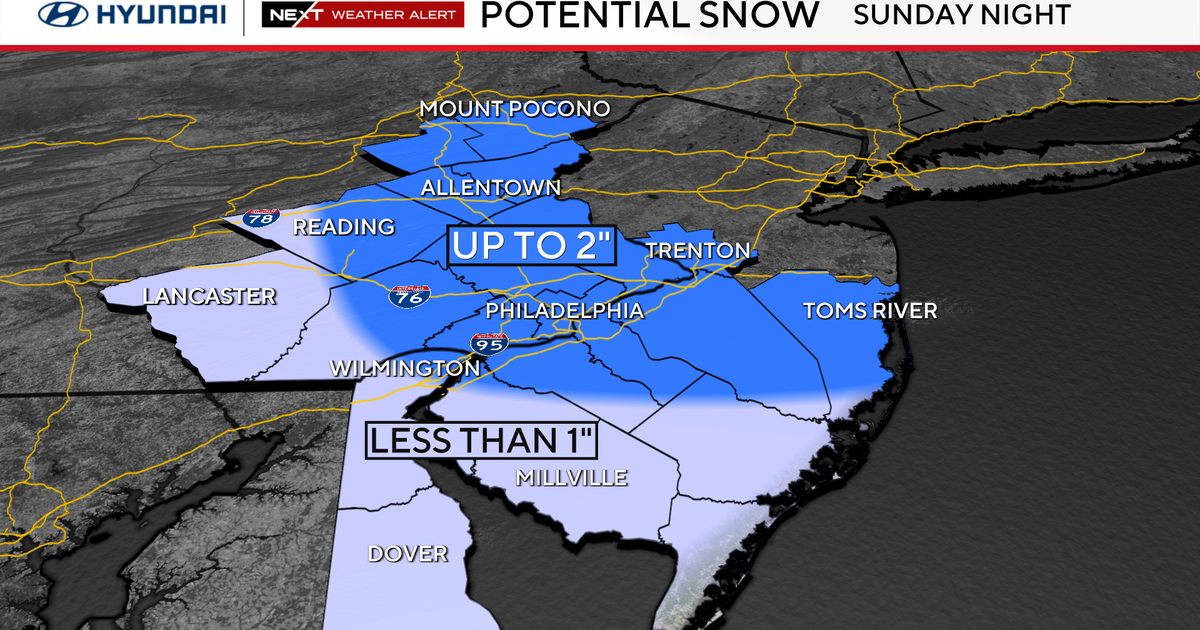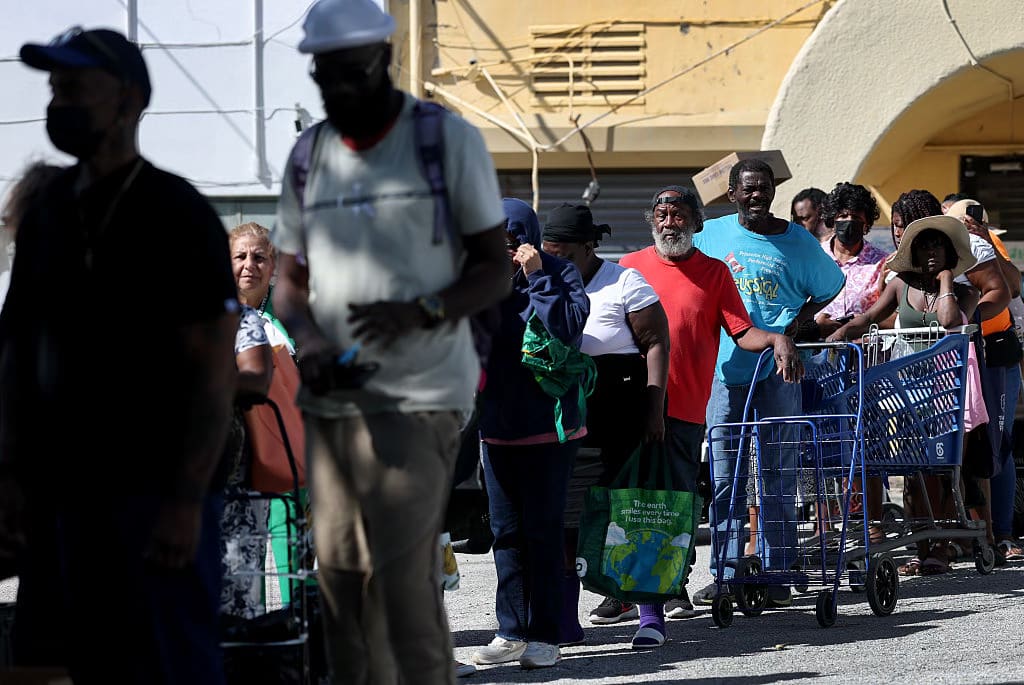These everyday things didn't exist before 9/11. Now they're trillion-dollar industries.
From the internet cloud and your smartphone to the TSA, daily life in the U.S. has changed dramatically since that awful September day in 2001.
Take air travel. Before 9/11, security at airports was mostly privately run, and may have included walking through a metal detector. Passengers could take baseball bats and blades up to 4 inches on the plane; family members could go through security to the gate to say goodbye; identification wasn't always required and nobody took off their shoes. Passengers typically needed to arrive 30 minutes before their flight.
Nobody had a smartphone, social media didn't exist, biometrics were in their infancy, Alexa may have been someone's nickname and "the cloud" was a weather term. Tracking someone by satellite via street cameras or GPS on their phone still seemed like science fiction.
Here are some of the biggest changes — and their price tags — two decades later.
Homeland and Transportation Security
The Transportation Security Administration was created under a law enacted in November 2001.
- TSA employs more than 50,000 security employees and screens more than 2 million passengers daily (or roughly 750 million a year.) The TSA budget hit more than $8.4 billion in 2021.
- The TSA's PreCheck program is now used in 200 airports and by 80 airlines across the country. Passengers who sign up with TSA for a security check can skip some commonplace measures, like taking off your shoes. But it also requires you to submit detailed personal information for a background check, raising some privacy concerns.
- The TSA collects a passenger fee for each ticket sold by commercial airlines, commonly called the "9/11 fee." According to the TSA website, in 2019, those fees totaled $4.3 billion (they fell to $2.5 billion in 2020, the first year of the global pandemic, as fewer people traveled.)
Biometrics use on the rise
Biometrics, such as fingerprints and even facial recognition software, are also much more widely used. And it's all digital. While airline passengers aren't required to use it, the TSA and Customs and Border Protection see potential for more efficient passenger screening.
- Customs and Border Patrol is testing facial recognition at Wayne County Airport in Detroit.
- Some privacy advocates have concerns with data collection and the government's use of private contractors to assist it as biometrics become more pervasive.
Surveillance "gold rush"
"It's been a surveillance gold rush over the last two decades — a lot of companies have entered the space, a lot of companies have expanded into the space, simply through the amount of money thrown at it by state and federal governments," said Albert Fox Cahn, founder of the Surveillance Technology Oversight Project and a critic of data collection.
The tech industry's embrace of big data "is a direct response to public funding," he said.
- For almost two decades the IT industry has been one of the fastest growing sectors in the U.S. And, according to the Bureau of Labor Statistics, computer science jobs are expected to grow 11% over the next decade.
The cloud and the smartphone
Two major technological innovations had a major impact on the economy, politics and everyday life for Americans in the years following 9/11: smartphones and the cloud.
The cloud is digital infrastructure that supports web technology, social networks, business tools and apps. Smartphones are essentially miniature supercomputers that work with the cloud and serve as Swiss Army Knife-like tools, TechRepublic editor-in-chief Bill Detwiler said. And devices become more powerful every year, in large part because of apps and cloud computing capabilities.
"No single digital device has had a more profound effect on the past twenty years than the smartphone," Detwiler said. "These devices help us work, learn, shop, ensure we don't get lost, track our health, warn us during emergencies and of course help us communicate."
- In 2001 there were fewer than 500 million people connected to the internet. Today, nearly 7.1 billion people are online largely because of smartphones.
- The most popular phone in 2001 was the Nokia 8250, a candy bar-shaped device that ably managed calls, texting and little else. The company, which was a massive mobile handset maker at the time, sold about 140 million total units that year.
- In contrast, Apple sold 57 million iPhones in the first quarter of 2021 alone. Analysts forecast the Apple's market cap could soon top $3 trillion, a valuation propelled by the success of the iPhone and other mobile devices.
- The modern cloud is ubiquitous and enormously powerful, Detwiler said. Cloud computing means software and services that run on a network of dedicated servers. The term was first referenced in 1996 in a business plan by Compaq, but it didn't find a market until 2006, when Amazon launched Cloud Compute, a service that let developers offload computing to the company's servers and software.
More tech innovations
- Today, the mobile processor industry is valued at almost $10 billion and modern chips are so powerful, they can power laptops and crunch big AI algorithms. In the future, mobile processors will be baked into a wide variety of sensors and so-called Internet of Things devices.
- Contemporary artificial intelligence and machine learning are automation technologies that unlock our phones, help us with navigation, and help business operate more efficiently. These technologies are powerful and useful because of the cloud and big data produced by mobile devices.
In 2001 Microsoft released MSN Messenger and Friendster was in its infancy. Today, Facebook has 2.8 billion users and is valued at more than $1 trillion. The tech giant and other social media apps rely on the cloud and mobile devices for the data that make their algorithms and ad targeting systems so effective.
CBS News' Irina Ivanova contributed reporting.



